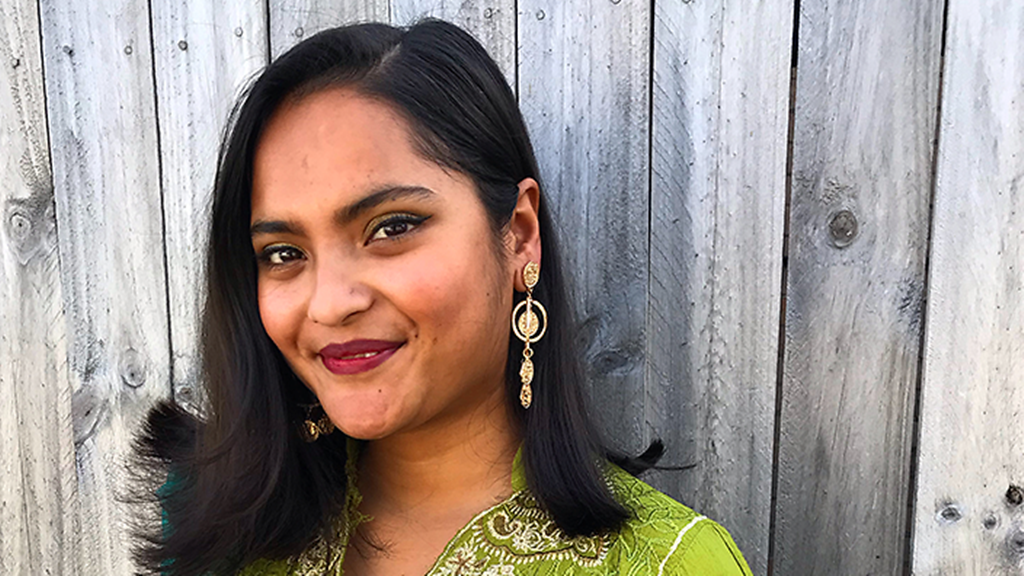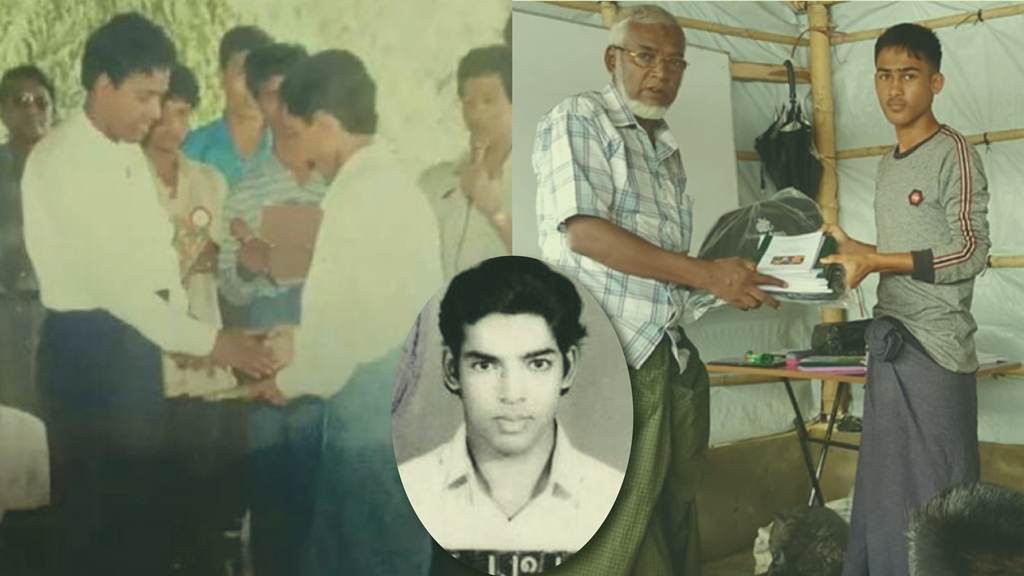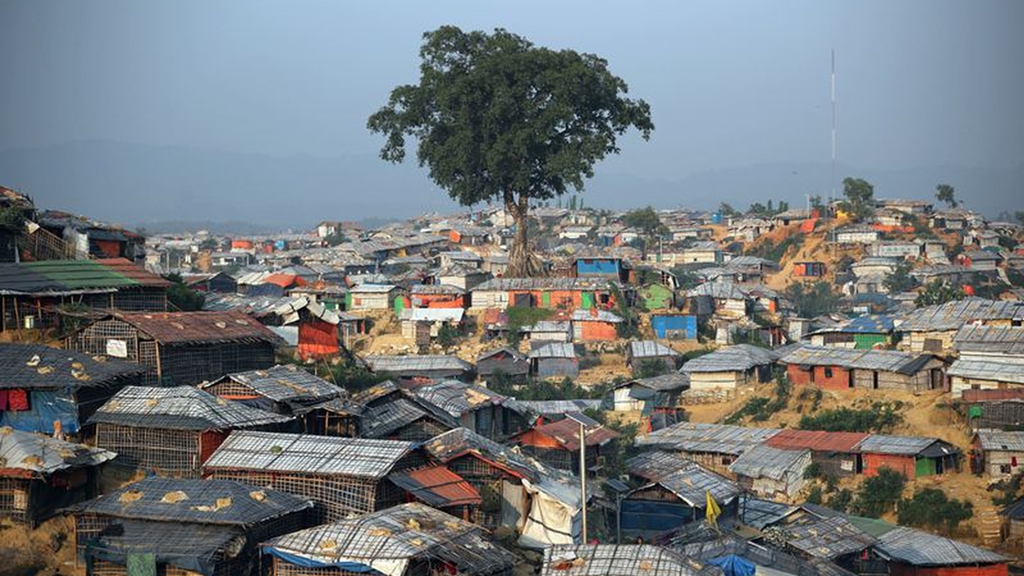
How being a refugee shaped my appreciation for education
- 08/10/2020
- 0
By Noor Azizah as told to Daisy Dumas, SBS
A lot of girls and a lot of women don’t have the education that I have, especially at the Rohingya refugee camps in Bangladesh. Knowing that made me become a teacher: I want to create change.
I’m a former Rohingya refugee from Rakhine State in Myanmar. I’m also a very proud public school teacher of eight and nine year olds, the same age I was when I arrived in Australia. I often reflect on that and think, ‘When I was your age, I did this, I did that…’
It was 2003 when the Australian government granted my family asylum. My parents, four siblings and I landed in Sydney and the cold weather was a real shock for us, coming from South East Asia. We were placed in Marrickville and the people in that community were quite different to the people we were used to. We eventually moved to Lakemba, where we felt less ostracised, and I now live in Ashfield.
We had fled our village and homeland when I was a baby because of persecution by the Myanmar military. Because of our ethnicity, it wasn’t safe for us to live there – we were subject to kidnapping, rape and killing and our citizenship was taken away. We travelled by foot and took every bus and offer of help possible before ending up in Malaysia. But even there, we weren’t safe. Being stateless, we were constantly living in fear of arrest by the government.
I remember my family and I waiting outside an event hall every night so that we could take leftover food from the rubbish tip for us to eat.
We were homeless and we scavenged for food and all we thought to do was to survive. I remember my family and I waiting outside an event hall every night so that we could take leftover food from the rubbish tip for us to eat. Once, my brother ate an old mango from the bin and got really sick. We had no money for him to go to the hospital or to a doctor and a kind local nurse helped us out.
We arrived in Australia with absolutely no English and no formal education. I had never gone to school and I was put into year three. I was excited and I was terrified, but I was really lucky because my school was truly multicultural. There were people who had gone through the same refugee journey as me and that made me feel comfortable. At the beginning I remember being scared that everyone was going to make fun of my rice and my curry at lunchtime – did I have to start eating sandwiches?
I was put in a group of other newly arrived refugees and we sat intensive English sessions. My teachers did a really great job at providing inclusive resources for me to speak about and celebrate my own culture, which I hadn’t ever been able to do.
From Secondary school, I went on to Sydney University – which was another culture shock! – and now, as well as teaching, I am a human rights advocate and a refugee delegate at the UN. I want to move into the legal field in the future, shaping and creating policies.
Education is such a privilege and it has definitely built who I am. In Australia, we’re so free to do what we want, to pursue whatever career or education we want. I know what it feels like to worry about not having food, to worry about being killed or worry about your mum and your dad being taken away. I have this privilege to use my voice and my skills to make an impact towards my community. I feel like I have an obligation to my people – a lot of girls and a lot of women don’t have the education that I have, especially at the Rohingya refugee camps in Bangladesh. Knowing that made me become a teacher: I want to create change.
I want to move into the legal field in the future, shaping and creating policies.
At the school where I teach, in Homebush, 98 per cent of the students have English as a second language. I try to make my classroom inclusive and I use materials where my students are able to see themselves in videos and images so that they can relate. That was what my teachers did when I was at school and it really made a positive impact towards my learning as a former refugee student.
During Refugee Week I shared my story with my class and they all went home and came back the next day saying, ‘Miss Noor, I spoke to my parents about your story and they told me that they were refugees and that their grandparents were refugees’. These were things that they didn’t know and I was really happy to hear them learn about their families because there’s so much shame involved in being a refugee.
We live in such a multicultural, diverse country and that’s the beauty of Australia. I love getting to know people and their thinking processes and that helps me to understand that so many people in society are different. My message for young people is to really get to know one another – we can learn so much from sharing our perspectives.
Noor Azizah is a 25-year-old teacher and human rights advocate from Ashfield.







